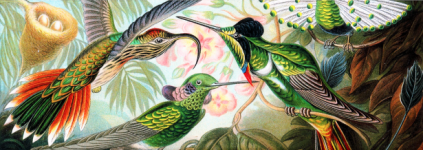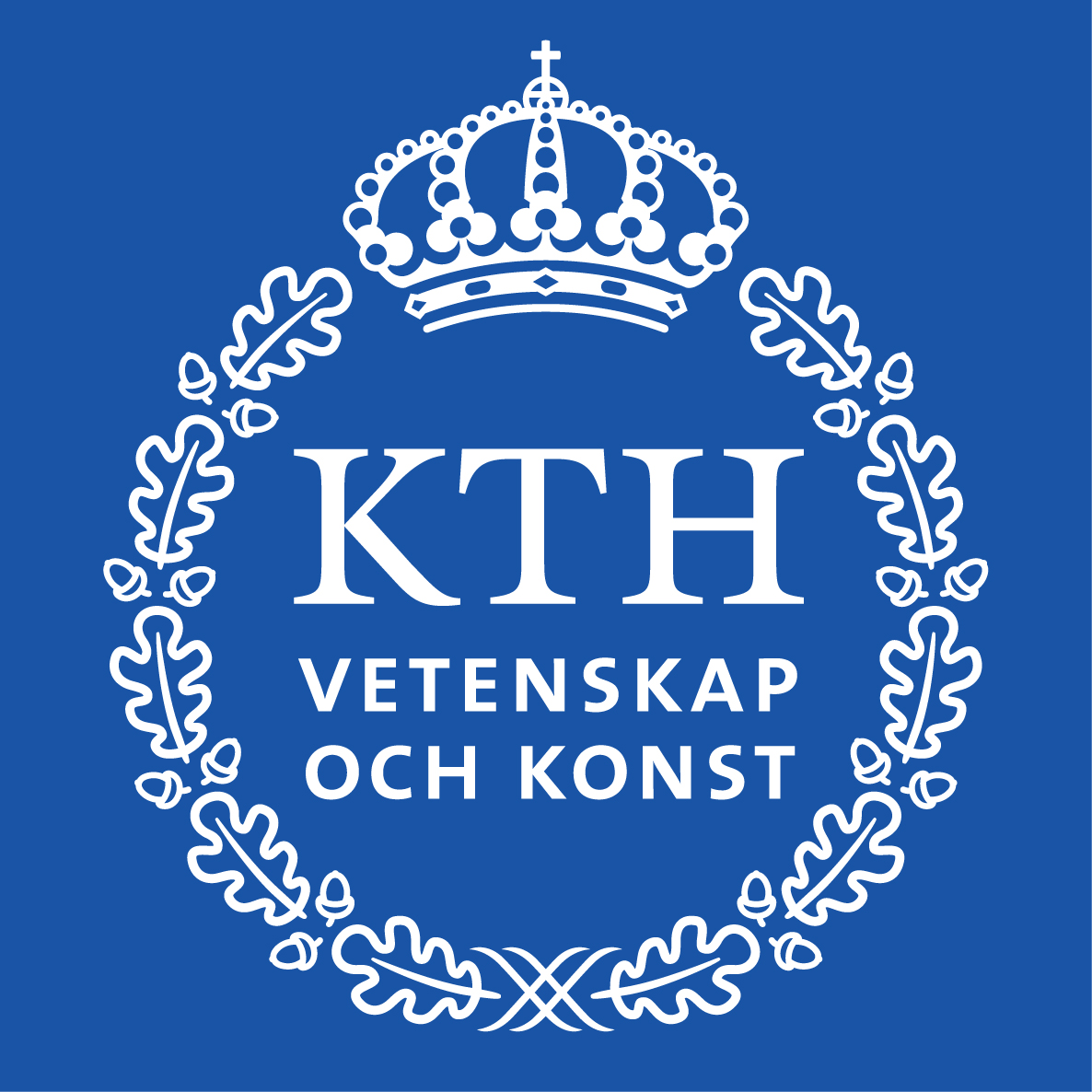An interview with Emily O’Gorman
Emily O’Gorman an environmental historian at Macquarie University in Sydney, Australia. Her research is situated at the nexus of this field and the broader environmental humanities, and is primarily concerned with contested knowledges within broader cultural framings of authority, expertise, and landscapes. Her research has focused on the Murray-Darling Basin, a region rich in environmental contestations, and primarily concentrated on two key subjects: environmental histories of rivers and wetlands; and scientific approaches to weather and climate from the mid-nineteenth century to the present. Together with Donna Houston, Emily created an environmental humanities major at Macquarie which will commence in 2017. She is also co-editor of the Living Lexicon in Environmental Humanities and has been an Associate Editor (2012-2015) for this open-access journal that publishes interdisciplinary research on the environment. When she’s not researching and writing, Emily can be found enjoying Sydney’s harbour either on walks or ferries and visiting historic houses.

How did you become interested in environmental history?
My parents are architects and I was influenced early on by their interest in building houses that respond to their immediate environmental contexts. More specifically, when I was growing up, our family home in Brisbane, Queensland was very open to the bushland that surrounded it and we were often visited by water dragons, possums, snakes, spiders and fruit bats (or flying foxes). We found each of these inside the house at least once, but more often on the many decks surrounding the house or in the roof. I’ve always had an interest in history and thought it was important for having a rich understanding of the world. I’m not sure where this came from exactly but it was definitely reinforced as I undertook my undergraduate studies in this field at the University of Queensland. I also tried to combine my interests in the humanities and environment by taking as many environment-focused electives as I could. In my final year I took the environmental history unit, and that was it. I was hooked. I finally found something that directly combined my interests. I decided to undertake an Honours thesis in this field with Geoff Ginn at the University of Queensland and then moved to the Australian National University to work with Tom Griffiths for my PhD.
What sparked your involvement in the environmental humanities?
Having been exposed to different humanities approaches to the environment in my undergraduate degree, I was drawn to interdisciplinary work during my PhD at ANU. Libby Robin and Deborah Bird Rose were then leading an Ecological Humanities Group which I joined. Those conversations and people greatly influenced my thinking, as they still do! Since my PhD I have worked in interdisciplinary contexts, mostly with geographers, who have continued to shape my thinking.
The new major in the environmental humanities that you co-created sounds fantastic! Can you tell us a bit more about the degree?
The major builds on a unit that has been running for quite a few years at Macquarie University called ‘The Ecological Humanities: Australians and Their Environment’. This unit was originally developed by Deborah Bird Rose and Donna Houston, and then I got to teach some of it when I became a lecturer at Macquarie. Students who took the unit would ask what else they should study. There were other relevant units being taught at Macquarie but they were not part of a single major. To cater for these students, Donna and I decided to construct the Environmental Humanities major and realised that many of the units we needed were already on offer, which made the process quite easy. Students are required to take core units each year but also have some flexibility to choose from other units for the reminder of their major, according to their interests (partly reflecting my experiences as an undergraduate; I would have done this major if it was available then). The degree gives students cultural literacy essential for understanding and addressing environmental issues.
What advice would you give people interested in doing a PhD in the environment space?
No matter what your chosen field is, follow your instincts and passion. A PhD is a marathon, rather than a sprint, and a deep interest in your topic will sustain you. Go where there are great people researching in your area, including other students, who you can discuss your ideas with. This is essential for having a good working environment which will enrich your thinking and lift your research and writing.
What are your favourite things to do in Sydney?
Walking, cooking and eating good food, and spending time near or on the harbour!
Which historical figure would you like to have dinner with?
In my research on flood history, I came across a Wiradjuri Aboriginal man, who colonists in the town of Gundagai in New South Wales called Yarri. He was a key figure in their accounts of a flood which devastated the young town in 1852. He rescued many residents using a canoe, reportedly some from the roofs of houses. He was later celebrated as a hero of the flood in poems and songs but it is unclear what happened to him afterwards. I would like to have dinner with Yarri and hear his account of the flood as well as learn about his adventures before and afterwards. I am very interested in these kind of ‘hidden histories’.

